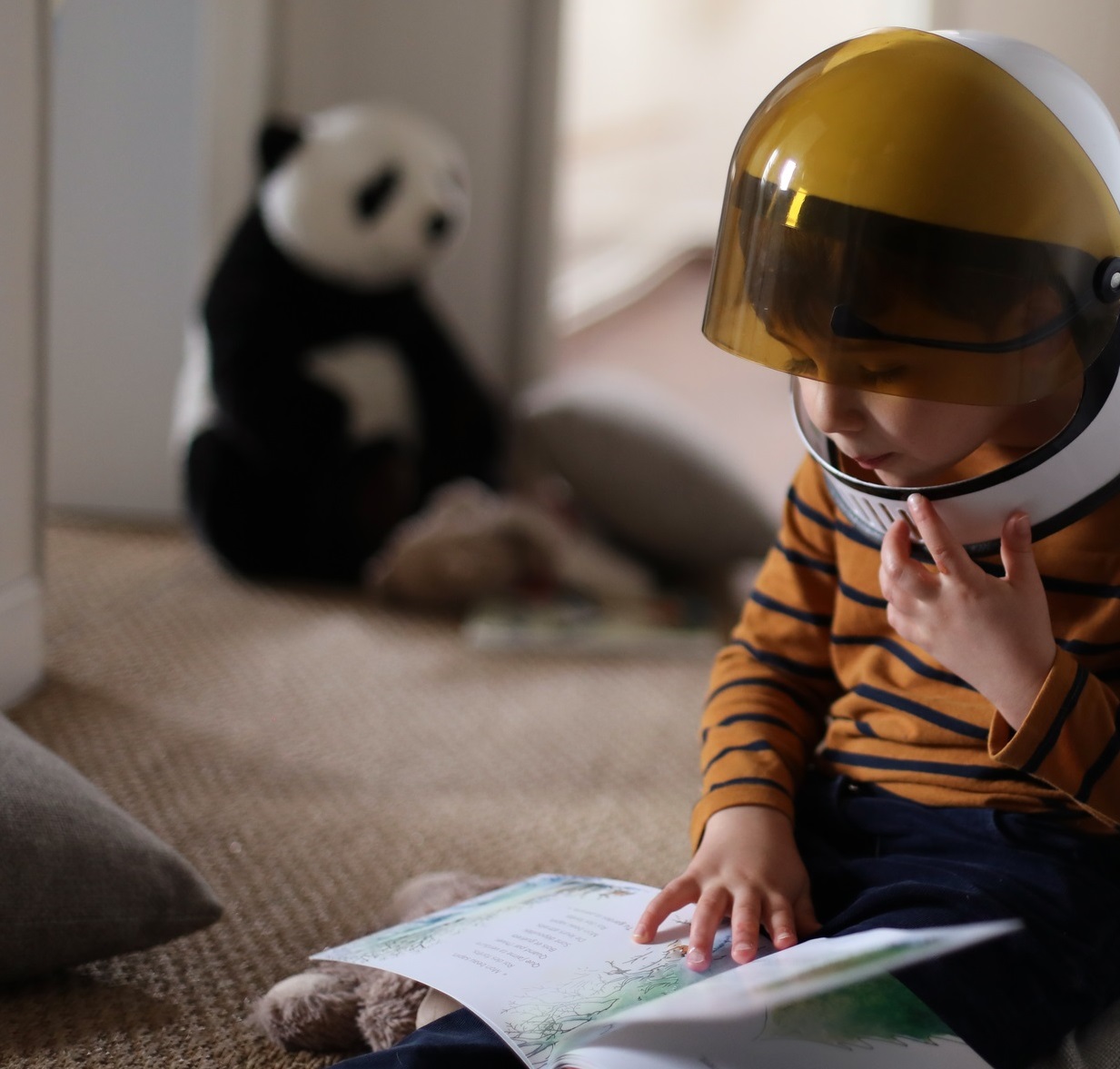

I happened to make a casual remark over coffee on the deck while watching a bossy blackbird that had adopted our backyard as its home: "You know, there’s a story in there somewhere".
I was told in no uncertain terms that, if there was, I would have to write it as she had enough stories already to be going on with.
And so it came to pass, the story of a blackbird that thinks it owns the dog that lives in its backyard. And it had to be published, meritorious or otherwise, because my wife is also the publisher, Nana’s Shed Books, and could hardly refuse me since I’d risen to the challenge. Fortunately, the book is selling well.
This is probably because the 2-to-4-year-old period of a youngster’s life is their most imaginative. They don’t have a great handle on what’s real and what’s imaginary. A blackbird could conceivably own the dog. They can think outside the box because they haven’t yet met the box. Anything is possible.
As parents it’s essential that we give our youngsters time and space to develop that creative imagination free from our "inside the box" thinking. Even let them get a bit bored. They’ll soon find something to do. Their inborn creativity will take over. As long as they have plenty of appropriate bits and pieces, boxes, paper and the rest, it probably won’t involve drawing on the walls or washing the car with sandpaper - though it might!
Imagination needs to be exercised in the same way as the physical body. It needs to grow strong, too. After all, it’s imagination that fuels innovators and entrepreneurs; gives us scientific breakthroughs, artistry, books, and music.
If we organise our youngsters into formal, structured learning too early, how will they know how to go out and seek, to reach past what we already have, to approach a problem in a completely new and different way?
Empathy also requires imagination. To be empathetic we need to be able to imagine what someone else is feeling and its impact, even if we haven’t been there ourselves and even if we word it, "I can’t begin to imagine what you’re feeling".
Albert Einstein believed that knowledge is limited to all we know and understand, whereas imagination can take us anywhere.
He also said that, on examining his methods of thought, he had come to the conclusion that the gift of fantasy meant more to him than any talent for abstract, positive thinking.














